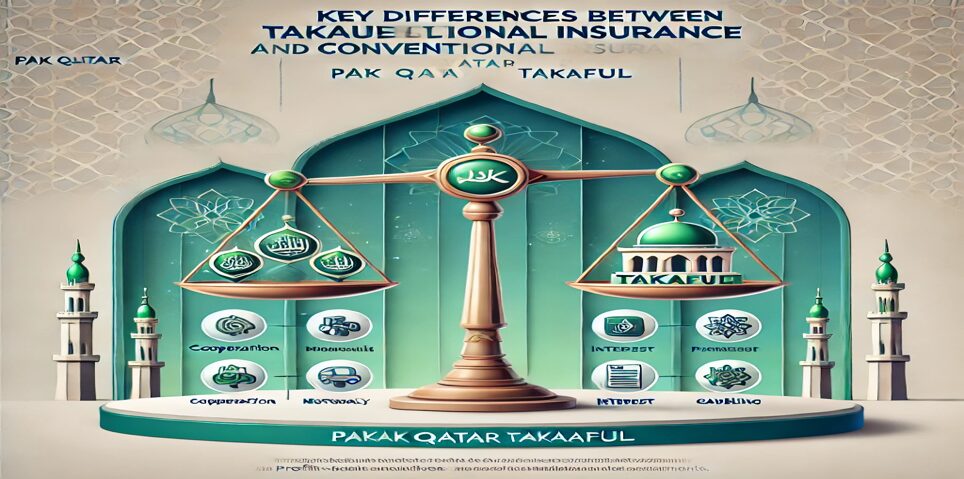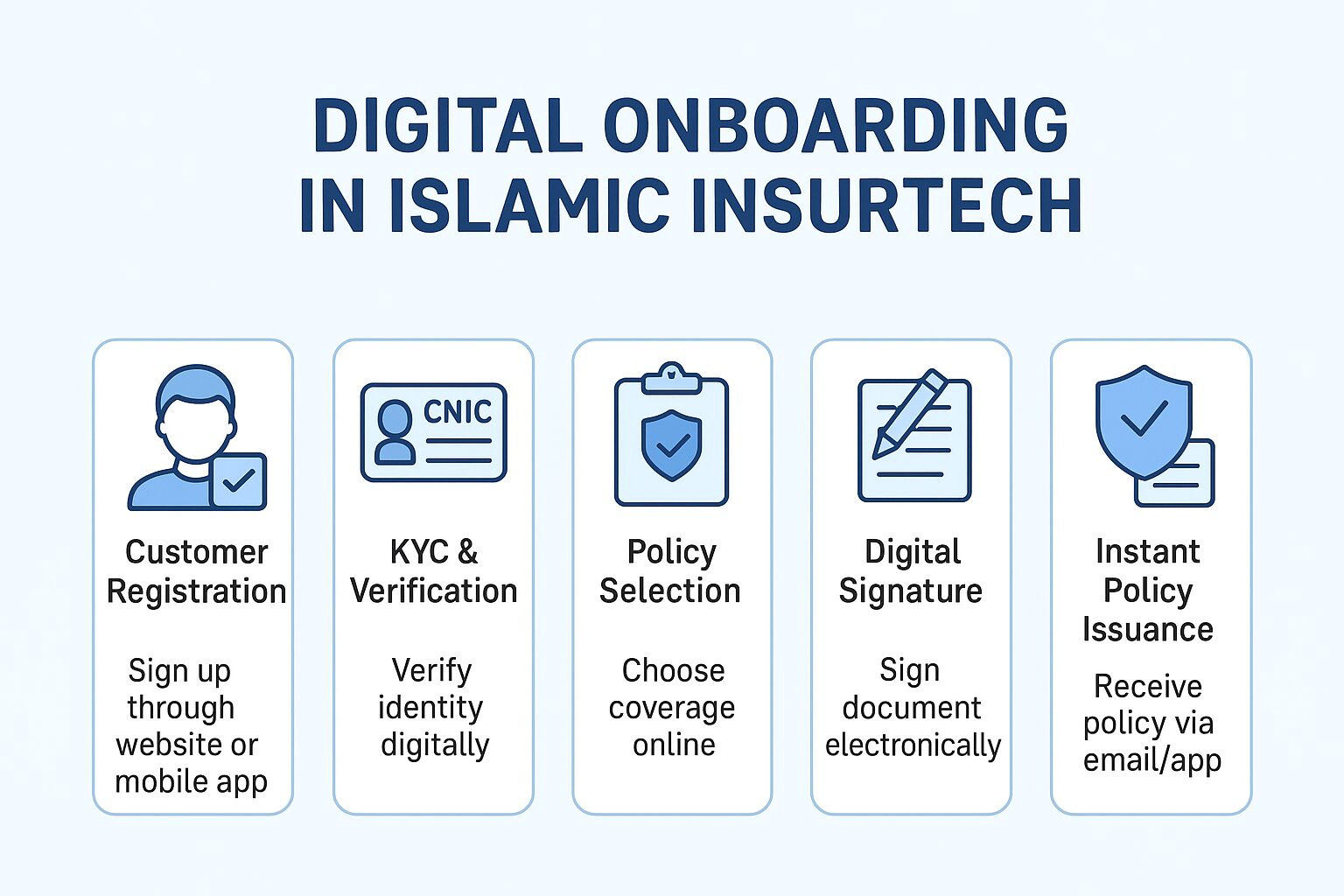Key Differences Between Takaful and Conventional Insurance by Pak Qatar Takaful Expert
Takaful is based on a cooperation model. It is not the same as insurance. The major difference is the contract basis. The contract is waqf and wakala. Another difference is interest and gambling, which is not found in Takaful. It is Shariah-compliant due to following Islamic principles to avoid the interest element. Non-Muslims can also buy this Takaful policy. Many products are available in Takaful, like health, life, motor, property, and family. The contribution of Takaful funds in the waqf pool is used to compensate the member in case of loss. The amount of this pool is invested in Islamic banks, Islamic bills, halal businesses, and Islamic mutual funds.
How Surplus Works in Takaful
After deducting the claims amount from the waqf pool, the surplus amount is distributed to members. This surplus will be distributed only in the event of profit. Insurance takes surplus as the profit of the company. Surplus is not distributed every year but in the context of the waqf pool profit. This context can arise in 10, 5, or 1 year. Wakala is only a profit of Takaful, and the remaining amount belongs to the waqf pool, which is used only for the welfare of members.
Audits and Principles in Takaful
Takaful covers the same risk as insurance does but is based on Islamic principles. The Takaful company has an internal audit and an external audit to make the Takaful transactions Shariah-compliant. Takaful is bound to follow KIBOR due to the absence of IBOR and the lack of cooperation of Islamic countries on one Islamic economic model.
Cost Comparison: Takaful vs. Insurance
Takaful is expensive, like 5% to 15% compared to insurance due to a lack of investment avenues. Insurance has a large pool of clients and vast opportunities for funds to invest and earn profit. A client of insurance can switch to Takaful after withdrawing from them.
Transparency and Claims Verification
Takaful has no hidden fees or clauses. They only charge wakala. They earn profit delays. In case of financial loss, shareholders top up the pool. In the case of profit, shareholders can take back top-up amounts from this waqf pool.
Claims are paid after verification from a third party to identify bogus claims. Doctors or a nurse team would be appointed in case of health insurance, and claim examiners of the relevant field would be appointed in case of property claims. The cost of this third-party verification is borne by the Takaful wakala fee.
AI and Cost Efficiency in Takaful
Artificial intelligence can minimize the third-party cost on which Takaful companies are working.

Watch insightful videos of above Takaful expert on our https://www.youtube.com/@islamicfinance2538.






